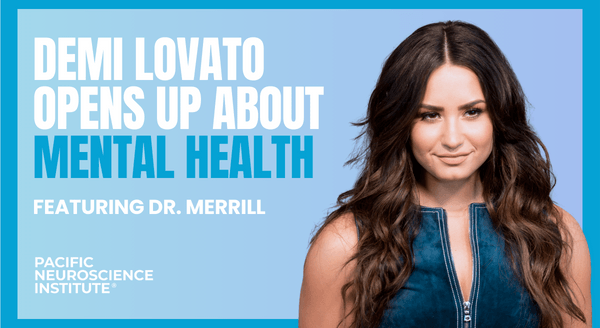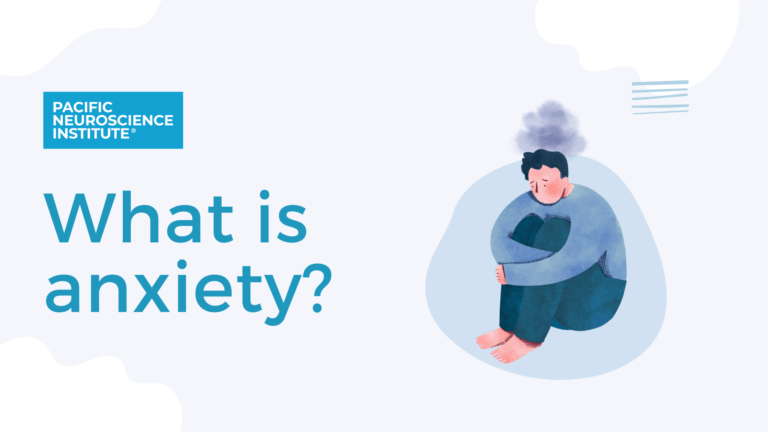

Why Demi Lovato Was ‘Relieved’ After Being Diagnosed with Bipolar Disorder
by Guest Author

- Demi Lovato is speaking out about her bipolar disorder diagnosis, saying she was relieved when she received it.
- Experts say this reaction is common, particularly for people who don’t understand why they feel a particular way.
- Mental health professionals say it’s valuable when celebrities like Lovato speak about their challenges because it helps to destigmatize conditions and encourages people to seek help.
- Receiving a formal diagnosis and customized treatment for mental health conditions is essential.
Demi Lovato is no stranger to going public with mental health challenges. The singer and actress has been public about her issues with substance use disorder, eating disorders, and depression.
Lovato first revealed she had been diagnosed with bipolar disorder in an interview with PEOPLE in 2011. Now, she’s speaking up again, saying she felt “relieved” when she received the diagnosis while speaking at a Hollywood & Mind Summit in Los Angeles on May 11, 2023. Lovato hopes her candid remarks help others.
“I knew that if I could help others with their journey, then that’s exactly what I wanted to do,” Lovato said, according to a PEOPLE report. “And so I decided to be open and honest about what I had finally learned about myself.”
Experts feel the same way — and believe such comments from people like Lovato can help change the way people view mental health. Lovato’s remarks serve as a reminder that mental health is as important as physical health — and that it’s essential to continue to stop the stigma surrounding it.
A mental health diagnosis can bring relief
In 2019, more than 40 million people were living with bipolar disorder, according to a report from the World Health Organization.
Lovato was one of them. Fans knew that. But, though Lovato first discussed having bipolar in 2011, her latest comments may come as a surprise given the stigma around mental health (particularly more than a decade ago): The diagnosis brought relief.
“I was so relieved that I had finally had a diagnosis,” Lovato said. “I had spent so many years struggling, and I didn’t know why I was a certain way in dealing with depression at such extreme lows when I seemingly had the world in front of me just ripe with opportunities.”
Celebrity activism can help shake public misconceptions
The word “bipolar” can get misused in everyday conversations to describe certain behaviors. Sometimes, people misdiagnose and casually use the term “bipolar” when someone experiences mood swings, changes in speech, or shifting emotional responses. It’s important to avoid using these terms loosely because they hold significance for those who genuinely struggle with their mental health. We should be mindful that anyone could be going through such distress.
The level of distress — and the way it affects daily life and relationships — is important. Lovato delved into her experiences.
“I remember being 15 years old on a tour bus and watching fans follow my bus with posters and trying to get me to wave outside the window. And all I could do was just sit there and cry,” Lovato continued. “And I remember being in the back of my tour bus watching my fans and crying and being like, ‘Why am I so unhappy?’”
Now, because of people like Lovato, people know of at least one person who has been diagnosed with bipolar disorder. Seeing a person’s face and putting a name to the diagnosis can raise awareness and prompt more empathy.
Bipolar disorder, defined
Bipolar disorder is often misunderstood in part because of the colloquial use of the term.
“Bipolar is thought of in relation to euphoric manias, but the highs are disabling, and the lows of depression that often follow can be even more devastating,” says David Merrill, MD, PhD, psychiatrist and director of the Pacific Neuroscience Institute’s Brain Health Center in Santa Monica, California.
A proper diagnosis is crucial
Experts say that Lovato’s comments can bring awareness, but her experiences — however relatable they may be — are not a substitute for a diagnosis.

“A proper diagnosis allows for prescribing of the right medications, therapies, and social support elements,” says Merrill. “Patients with bipolar disorder can have co-occurring personality or substance use disorders that need different types of treatments.”
Merrill advises people find a healthcare provider, such as a board-certified psychiatrist, which is a physician with special training in psychiatry. There is no cure for bipolar disorder, but experts say it can be managed with the correct treatment, namely medications and psychotherapy.
Research and clinical trials have shown that there are effective treatments available to help people improve. It is crucial to consult with a psychologist and psychiatrist to explore the most suitable treatment options. For instance, a 2021 review indicated that cognitive-behavioral therapy (CBT) can contribute to improving the lives of people with bipolar disorder.
However, people can find it challenging to find one-on-one care right now as those providers have long waitlists for new patients or have stopped accepting them. It’s important for individuals to explore beyond the notion of requiring a one-on-one therapist for assistance with their issues. There might be additional support options available.
You’re not alone if you have a mental illness like bipolar disorder
Society is currently paying a lot of attention to mental health problems due to the increase in people struggling after COVID. It is crucial to speak up about this issue while mental health challenges are on the rise.
And experts say there’s no shame in a diagnosis – so give yourself and others grace.
“No one chooses to suffer from bipolar disorder — we now know that mental health disorders are medical illnesses that include genetic predispositions, environmental life stressors, and need comprehensive treatments,” says Merrill.
Article adapted from Healthline.
If you or someone you know is in crisis, call the National Suicide Prevention Lifeline (Lifeline) at 1-800-273-TALK (8255), or text the Crisis Text Line (text HELLO to 741741). Both services are free and available 24 hours a day, seven days a week. The deaf and hard of hearing can contact the Lifeline via TTY at 1-800-799-4889. All calls are confidential. Contact social media outlets directly if you are concerned about a friend’s social media updates or dial 911 in an emergency. Learn more on the Lifeline’s website or the Crisis Text Line’s website.
About Dr. Merrill

David A. Merrill, MD, PhD, is an adult and geriatric psychiatrist with double-board certification by the American Board of Psychiatry and Neurology. He is director of the Pacific Brain Health Center at Pacific Neuroscience Institute. Dr. Merrill has worked for several decades with patients suffering the behavioral health sequelae of age-related neurodegenerative disorders such as Alzheimer’s disease and Parkinson’s disorder.
Related Links
Related Articles
Last updated: July 11th, 2025



